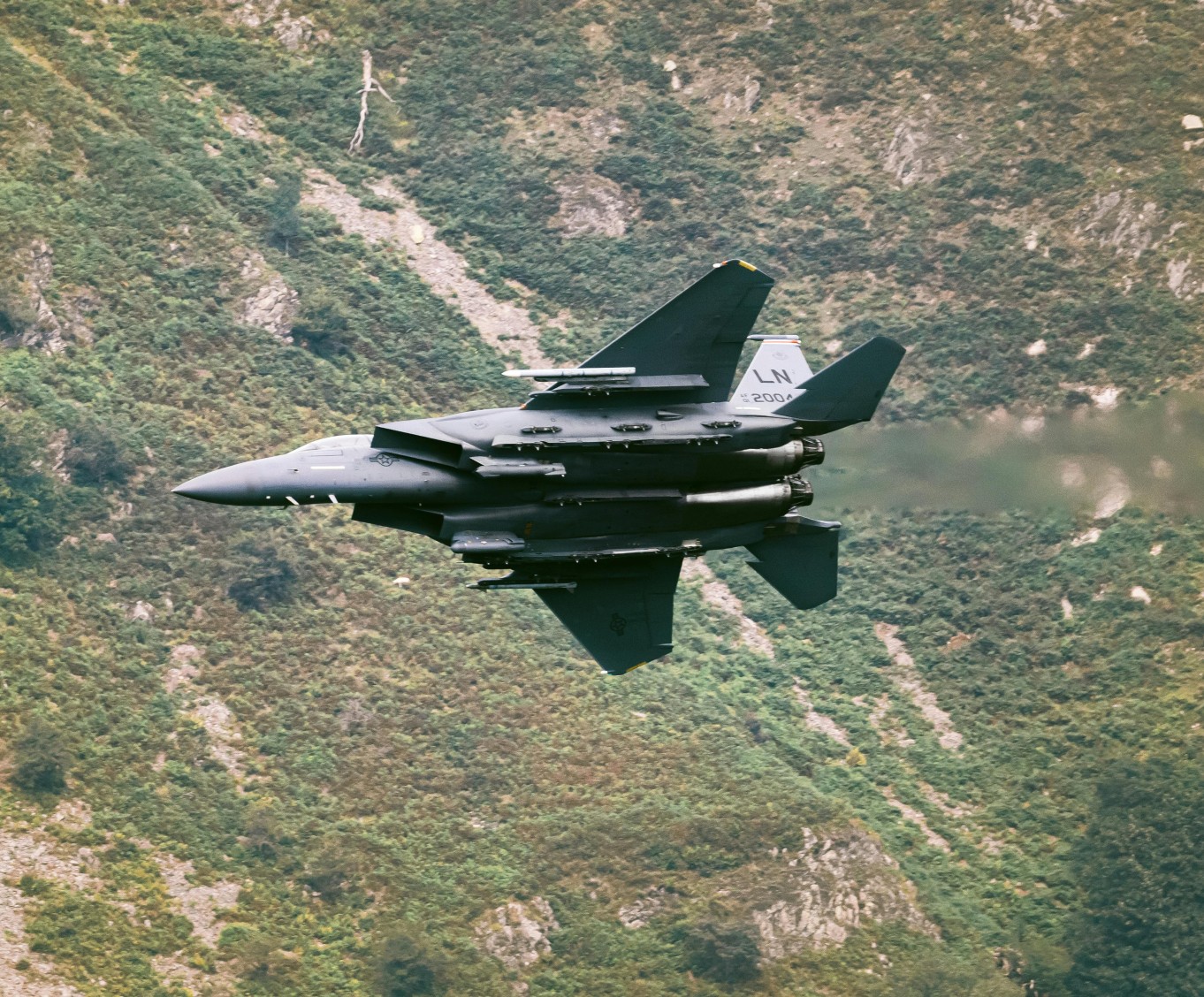|
Getting your Trinity Audio player ready...
|
By Njeri Kimani
A joint military exercise dubbed ‘Operation Peace Unity-2024’ involving the Chinese military and Tanzanian began on 29 July 2024. The military Comprehensive Training Centre in the Bagamoyo district of Mapinga in Tanzania. The two-week engagement is scheduled to end on 11 Aug 24. During the exercise, troops from both participating sides will jointly engage in both land and sea drills, aiming to build their capacities in joint counter-terrorism maneuvers.
The exercise is reported to feature a large number of Chinese troops, heavy military equipment, and large warships and destroyers. This does not just reflect the continental power projection capabilities of the Chinese People’s Liberation Army (PLA) to ensure peace and stability around the world but it could also be a pointer towards a more covert plan by the Chinese to set up a military base within Tanzania.
A scenario that would have far more devastating effects for the people of that Eastern African nation than benefits.
Historically, hosting foreign military bases has proven to have a vast array of disadvantages to the host country. Citizens should rise and start asking some tough questions with regard to this kind of partnership.
Will the Chinese interfere in the governance and sovereignty of TANZANIA?
There is a likelihood of the Chinese becoming a political liability for the TZ government. African populations, political leaders, and institutions are often wary of foreign bases for a number of reasons, including the perception that the foreign military may undermine the host government’s domestic agenda or sovereignty. The mood across Africa about establishing more foreign bases is increasingly ambivalent. In 2023 some West African countries (Niger and Burkina Faso) expelled US and French troops sitting interference with their governance and exploitation of their natural resources.

A 2016 AU Peace and Security Council decision warned African countries to be careful about permitting more foreign bases within their borders, and this view has hardened further since then given the turbulent geopolitical winds in parts of the region. The foreign countries cognizant of the fact that the reception from the local administration would be hostile at best are likely to interfere with the electoral and policy formulation processes in a bid to secure their own interest.
How is the partnership going to be beneficial to the people of Tanzania?
The Chinese have been criticized for ill intent and underhanded deals within their investments in Africa. There have been an array of complaints that include debt-trapping, economic dependence, and prioritization of Chinese interests over local needs. Additionally, accusations of increased corruption in Africa, bribery, and unfair business practices to secure business transactions have also been put forward. According to Thierry Pairault of the French National Centre for Scientific Research commenting about the Chinese base in Djibouti he said, “Chinese money has had very limited impact for Djibouti” and the investment has been mainly outward-looking.
According to the Chinese, 100 African ports have either been built, financed or are currently operated by Chinese state-owned shippers. In Uganda, China National Offshore Oil Corporation began drilling at the Kingfisher oil field, located on the shore of Lake Albert in western Uganda, in late January 2023.
The project, according to a study done by Just Finance International has brought more tears than hope to the local communities most of whom have been displaced from their traditional lands with compensations that aren’t commensurate to the land they ceded for the project amongst other environmental effects emanating from having the oil wells very close to lake albeit which is a source of livelihood for most locals within this region.
What would be the effect of having a foreign base in Tanzania on human geography?
There are several generic environmental impacts associated with the construction of almost all complex infrastructure projects that house military bases. Some of these impacts include habitat degradation, soil erosion through excavation, and chemical contamination. Initial site development for any construction work requires the clearing of vegetation and trees, followed by intensive soil excavation and compaction. The removal of vegetation coupled with soil excavation increases the potential for soil erosion, and reduces water infiltration rates, altering the landscape ecology by changing soil structure and chemistry and increasing water run-off rates.
In 2021 more than 7000 acres of land/pasture in Lolldaiga, on the foothills of Mount Kenya was destroyed by a forest fire triggered by the carelessness of a British training in that area. The inferno lasted for days causing unimaginable damage to property and animal habitat. The British training units in Kenya have had devastating effects on the environment through their live firing exercises which emit dangerous gases to the ecosystem as well as abandoned unexploded ordinance (UXO) end exploding later when triggered by livestock and herders.
The socio-cultural impacts of having a foreign base within a developing country cannot be ignored. A small town like Nanyuki has a very high rate of prostitution the pull factor being the existence of the British base located therein. This directs tugs at the moral fibre of the community as well influencing the rates of school drop-outs.
Service in penal military units is generally considered a form of punishment, discipline, or penal labor, used in lieu of, or offered as an alternative imprisonment. Some countries have historically enlisted prisoners to serve in their rank and file the most recent example being Ukraine during the recent conflict with Russia. Imperial China, French armies, and the German armies released prisoners and armed them to join the army. If this type of “soldiers were to be sent to operate in overseas bases the effect would be devastating to the host nation and community.
What are the dispute resolution mechanisms and measures available to cushion the people of Tanzania from the disputes that are likely to emanate from this partnership?
Most African leaders resort to opaque negotiation processes with these Chinese entities hence blind-siding the citizenry. Ensuring an open negotiation process devoid of underhand bargains, encouraging public participation, and having the interests of the nation first would ensure that the nation does not enter into partnerships that end up hurting the nation.
The British military units training in Kenya have been accused of a barrage of atrocities against the environment as well as against Kenyan citizens. To ease the the process of compensation and ensure continued diplomatic collaboration the British government in 2016 signed the Defence Cooperation Agreement (DCA) which allows aggrieved parties to directly sue BATUK. The formation of the inter-governmental liaison committee (IGLC) with members drawn from both countries also ensures fairness in settlements and amicable resolutions are achieved.
To further cushion the local communities, there should be policies that stipulate procedures of engagement and types of labour that can be sourced externally (The Chinese have traditionally even brought unskilled labour from China) and the raw material to be sourced locally just to ensure that the local communities also directly benefit from this partnerships.
While international cooperation is something every country should be striving to achieve, it should not come at a cost so steep to the citizens of that country, it should not be a form of ‘soft’ colonization and the intent shouldn’t be to exploit the country and the resources.














